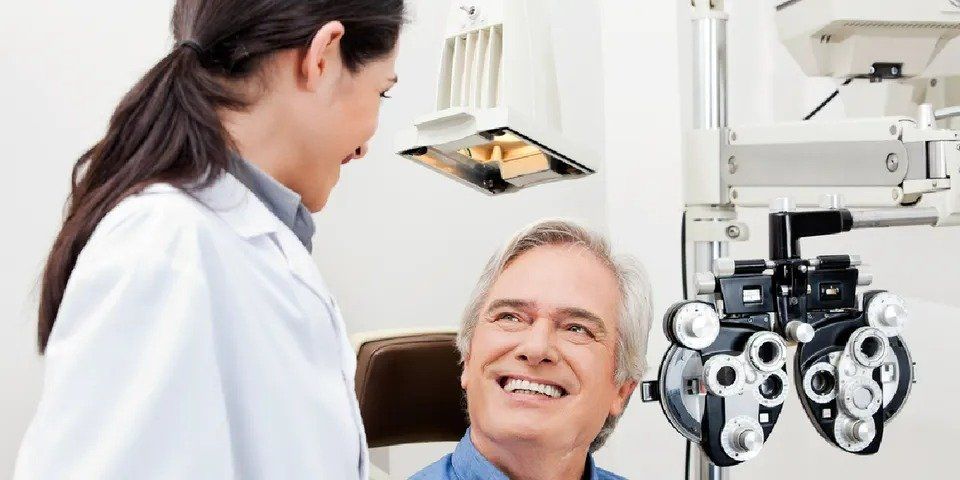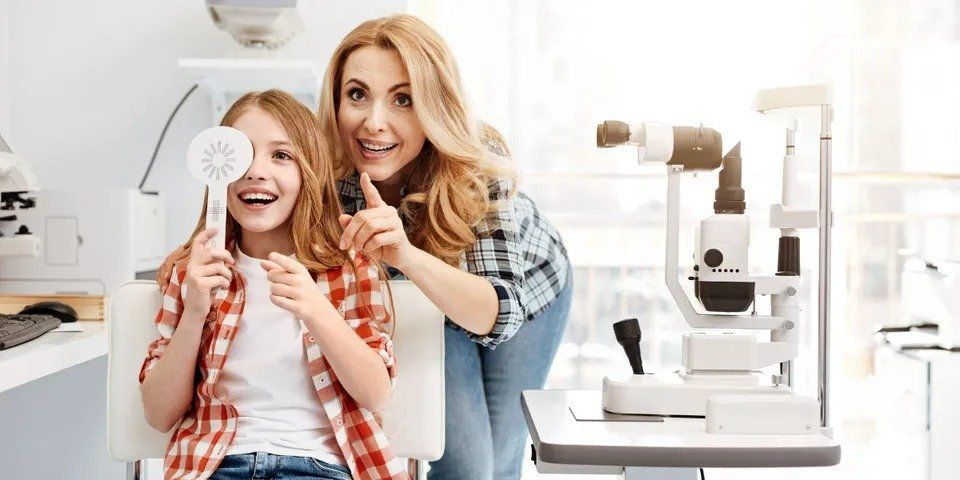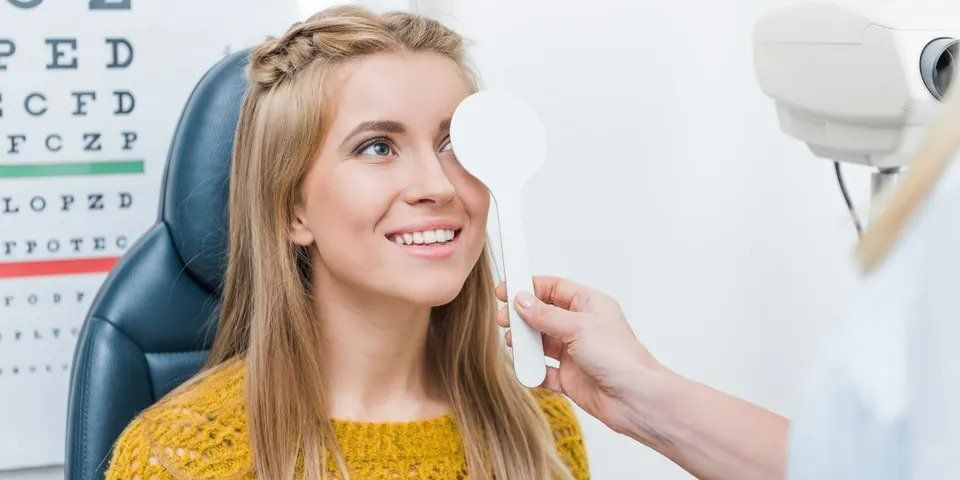How Aging Affects Vision
As we age, so do our eyes. However, while changing prescription strength is one well-known effect of aging, you may wonder how exactly our eyes change over time. Understanding the process of aging on your eyes can help you make informed choices with your eye doctor about your eyecare.
How Does Aging Affect Your Eyes?
As with any other part of the body, aging affects your eyes. The eye is a complex organ supported by a muscular system, including elements that are affected by time. There are a few common eye conditions that occur.
These include the lens of the eye becoming less flexible, making it harder to focus on close-up objects. This is called presbyopia and usually begins to appear between the ages of 35 and 40 and is treatable by surgery.
If your eyes have often been exposed to the sun, wind, or smoke, they may lose the ability to produce enough tears as you age. Tears are an essential part of the eye's self-cleaning mechanism and provide moisture to protect the cornea. When you have less ability to make tears, your eyes become more irritated and prone to infection and issues. This problem can be helped through the use of artificial tears.
Glaucoma is another issue of the aging eye. With this condition, fluid builds up in the eyeball, which places pressure on the optic nerve. When left untreated, glaucoma may cause blindness.
Finally, cataracts are also a common issue when eyes age. Cataracts are a result of discoloration or clouding of the eye's lens. Vision can become blurred or hazy with this condition, focusing is more complicated, and lighting can affect vision quality. Cataracts can be corrected through surgery that replaces the lens.
What are Ways to Preserve Vision?
Fortunately, there are ways to help prevent or delay aging's effect on the eyes. This includes wearing sunglasses that specifically block UV rays alongside a brimmed hat. This will help keep any direct sunlight away from your eyes. If you are a smoker, talk to your doctor about creating a plan to quit. Eat a nutritious diet that is rich in vitamins that support eye health. This includes foods high in omega-3 fatty acids, such as salmon, foods with vitamin C, such as citrus, and foods rich in lutein, such as kale and other leafy green vegetables.
Additionally, one of the best ways to prevent issues in your eyes is to have regular appointments with your eye doctor. Unusual or frequent changes in vision often point to problems. Your eye doctor is also able to see any changes in the health of your eye.

If you have questions or concerns about your eye health, turn to the caring team at Griebenow Eyecare, in Clintonville, or New London, Wis. Their eye doctors bring individual attention and years of experience to every patient they see. Call (800) 427-9585 to schedule an appointment or visit them online to learn more about their services.

















